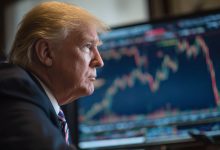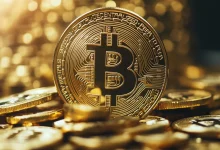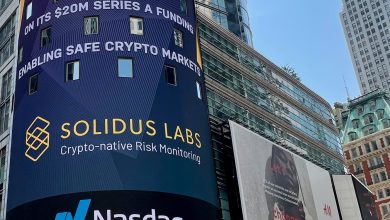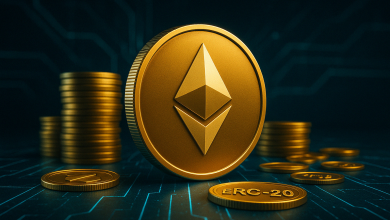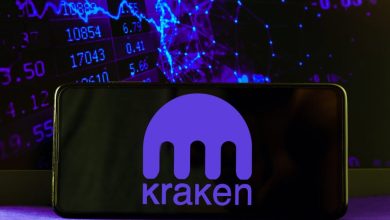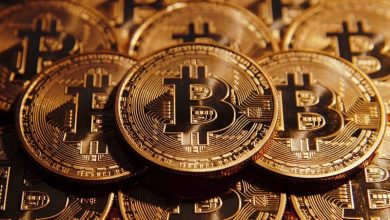Robinhood CEO Predicts Tokenization Will Transform Global Finance
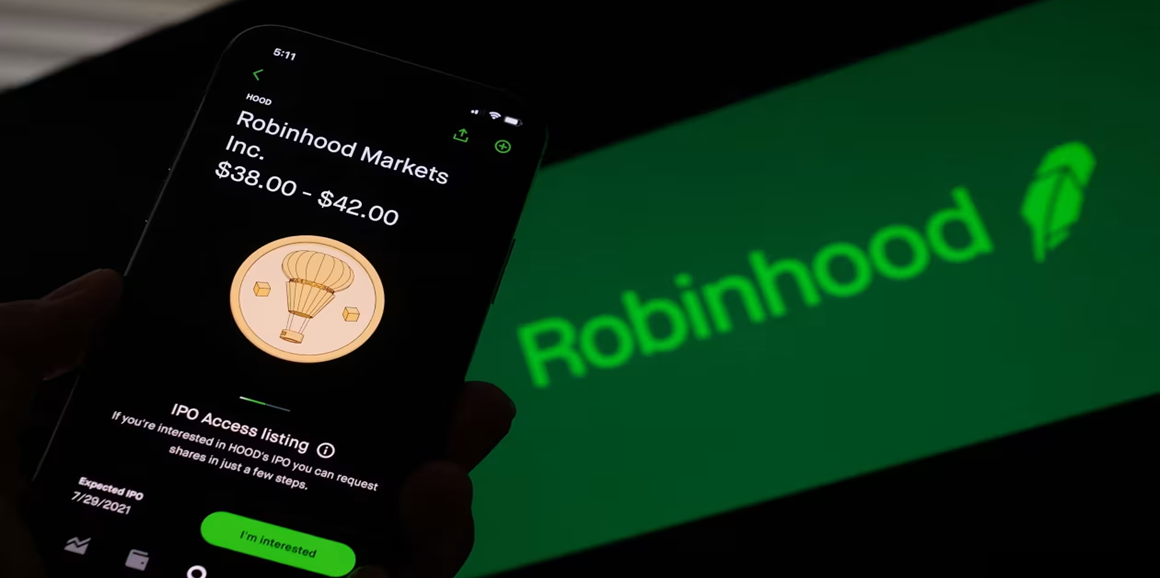

Robinhood CEO Vlad Tenev that tokenization will “eat the entire financial system,” arguing that the shift of assets onto blockchains will erase the line between traditional finance and crypto.
Speaking at the Token2049 conference in Singapore, Tenev said the transformation is inevitable and will encompass everything from equities to real estate.
Robinhood has already begun pushing into this space. Earlier this year, the company launched tokenized U.S. stocks and platform-traded funds in Europe, allowing investors to trade more than 200 American equities through blockchain-based tokens, available around the clock.
Tenev said real estate would be the “next logical step,” stressing that the challenges are not technical but legal and regulatory.
He cautioned that the United States could fall behind in the race to adopt tokenization, likening its reliance on legacy systems to its lack of high-speed rail. Europe, by contrast, has created a clearer regulatory environment, which enabled Robinhood to roll out its tokenized products there first.
According to Tenev, most major economies will have frameworks for tokenization in place before 2030.
The model still faces hurdles.
Tokenized real-world assets often trade with thin liquidity and limited secondary markets, and Robinhood has drawn criticism for issuing tokens tied to private firms such as OpenAI and SpaceX.
OpenAI distanced itself from the product, clarifying that the tokens did not represent authorized equity, a move that raised questions about investor protection and trust.
Even so, Tenev insisted that the momentum is unstoppable. “Within a decade, every major financial asset will be tokenized,” he said, framing tokenization as the next defining shift in global finance.
Tokenization Making Grounds, Robinhood Expands
Tokenization is gaining traction across global finance. , allowing assets like money market funds and gold to be mobilized more rapidly during periods of stress.
The group is focusing on legal frameworks and interoperability standards to make tokenized collateral recognized and usable across markets.
Meanwhile, World Liberty Financial (WLFI), backed by the Trump family, is moving to , enabling fractional ownership of high-value properties and broadening access to traditionally exclusive markets.
The project is part of a larger blockchain ecosystem, including a stablecoin and debit card, though it faces regulatory and operational hurdles.
, offering users the ability to trade on outcomes of real-world events such as elections and economic data.
While federally regulated, the platform faces scrutiny at the state level, and the company is looking to reach international expansion to make prediction markets a mainstream trading tool.
